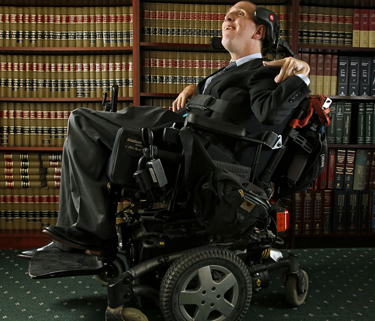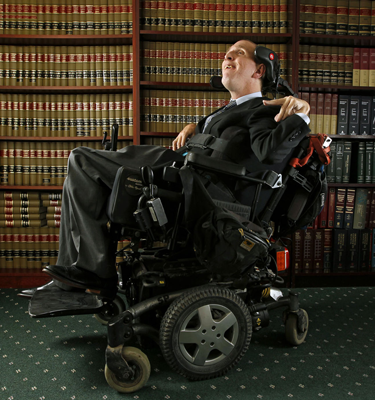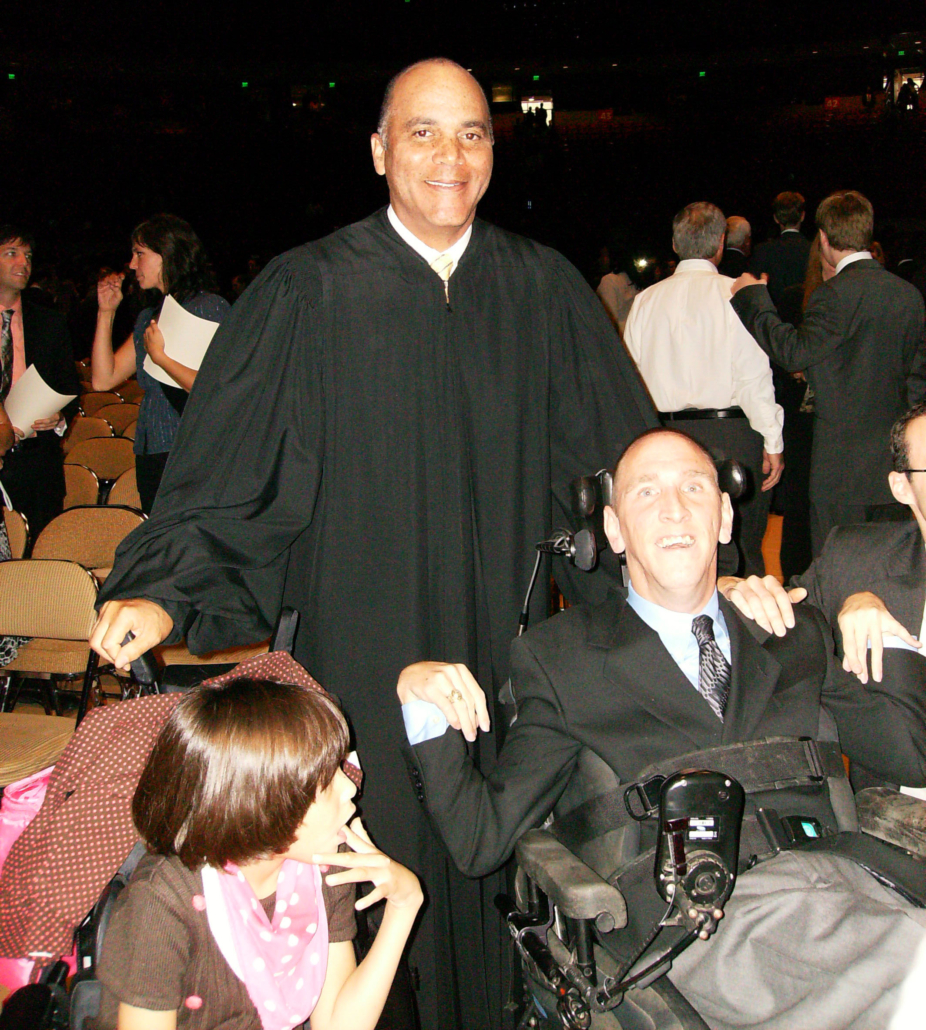“He Isn’t Worth Helping” – Devastating Stories of Medical Ableism
Our health care system is failing people with intellectual and developmental disabilities (IDD) – and costing them their lives. Their shared experiences are eye-opening and egregious, including doctors outright refusing to provide services, wrongly attributing health issues to their disability, not viewing people with IDD as reliable communicators of their own health issues, making assumptions about quality of life and worthiness, refusing to allow a support person to accompany them, discounting their pain, and more.
People with IDD are being denied life-saving treatments or even routine preventative health care at disproportionately high rates. The research reinforces what we hear every day: people with IDD have poor experiences at hospitals and medical centers, which leads to poorer health outcomes and shorter life expectancies. Explicit bias and discrimination are directly limiting lifespans and causing unconscionable, avoidable suffering. Many of these discriminatory policies and practices were laid bare by the COVID-19 pandemic.
To combat these health inequities, the U.S. Department of Health and Human Services (HHS) is proposing updates to Section 504 of the Rehabilitation Act, landmark legislation prohibiting disability discrimination. Unrevised in 50 years, reforms would forbid medical discrimination against people with disabilities and improve accessibility. These urgent updates are important steps forward for protecting rights and ensuring equitable health care access.
The Arc has been a longtime advocate on this issue, and we jumped at the opportunity to submit comprehensive comments to HHS on these proposed updates. We shared research on the wide-ranging discrimination people with IDD face in health care settings and highlighted the need for reasonable modifications and plain language communications.
Most crucially, we included direct stories of discrimination collected from people with IDD and their loved ones nationwide. Here are a few of their stories.
- A parent in Washington state has been told by doctors and health care providers that their child with Down syndrome “isn’t worth helping… isn’t worth saving.”
- A child with autism in New York was denied care from a pediatrician for basic primary care services out of concern that his care needs would “overwhelm” the pediatrician’s practice.
- When her son with Down syndrome experienced febrile seizures and stopped talking, his parent was told, “He has Down syndrome. What do you expect? They don’t talk.”
- People with IDD are frequently denied clinically-appropriate treatment that would be offered to a person without IDD. For example, a parent in Connecticut was told by multiple doctors that her 10-year-old son’s chronic joint pain “is part of his disability” or “growing pains” before finally receiving a Lyme disease diagnosis three years later and being told the damage is permanent.
- A parent in Maryland reported that it took 6 years to find a therapist for her daughter, who has Down syndrome. “[My daughter] is verbal but it is difficult for her to verbalize her feelings… I thought she had been sexually assaulted. I was finally able to get her [help], but it was temporary.”
- Accessing mental health and dental services are particularly challenging for people with IDD. For example, Michigan parents of a young child with autism who was denied service by a dentist, were “dismissed with a warning not to come back until he no longer expressed the behaviors of an autistic child.”
The stories are innumerable, infuriating, and heartbreaking. But they power our advocacy. We will continue advocating for Section 504 reforms addressing the pervasive and longstanding discrimination that people with IDD experience from medical professionals. Everyone deserves equal access to health care.
By uplifting the voices of people with lived experiences, we’re holding health systems accountable and pushing them to see all patients as equally deserving of quality, individualized care. Join us in speaking out against medical ableism until equity is reality. Health care is a human right that must not be denied for any member of our community.





 Sean founded a law firm with his best friend, Mark Whitburn. At their firm, Sean works on special education law and practice, guardianship and probate proceedings, and other civil rights cases. He focuses on the ADA, the integration of individuals with developmental disabilities into society, and ensuring that students with disabilities receive the appropriate services under the Individuals with Disabilities Education Act (IDEA).
Sean founded a law firm with his best friend, Mark Whitburn. At their firm, Sean works on special education law and practice, guardianship and probate proceedings, and other civil rights cases. He focuses on the ADA, the integration of individuals with developmental disabilities into society, and ensuring that students with disabilities receive the appropriate services under the Individuals with Disabilities Education Act (IDEA).









